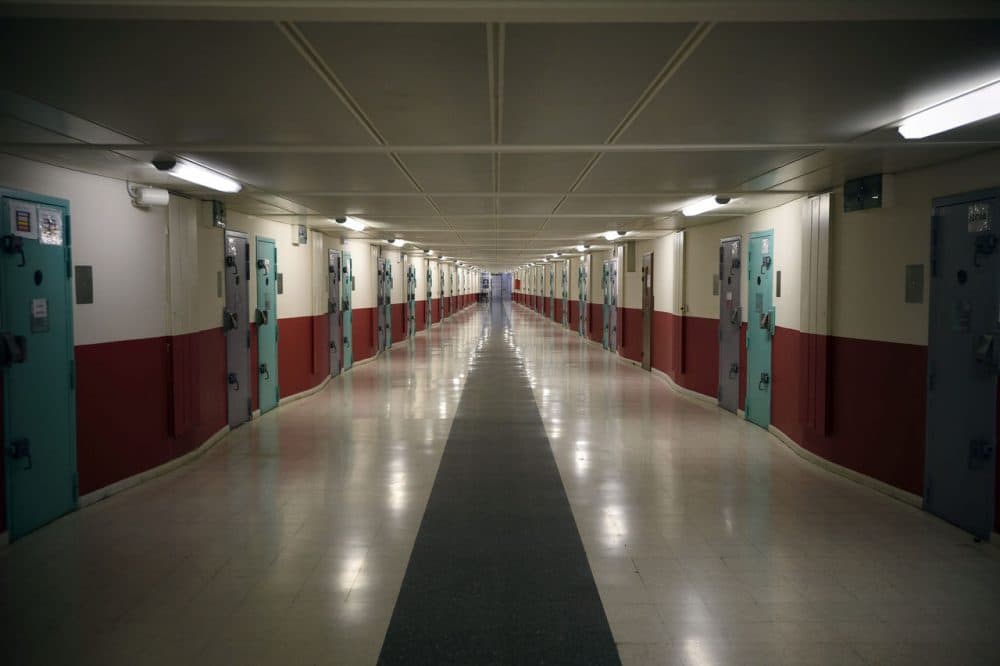Advertisement
Are Prisons In France Breeding Grounds For Terrorists?
Resume
The terrorist attacks in France this year have drawn new attention to the background of the extremists - who they are, when and how did they become radicalized, and how many neighborhoods in France have radical jihadists in their midst - and also, what the French judicial system can do to prevent further attacks.
A law, passed in 1996, allows for arresting and jailing based on association with terrorists and possible intent to commit a crime. The architect of the so-called "association de malfaiteurs terroriste" says it is designed to "detect dangerous behavior ahead of time" and to "neutralize people judicially." The law has led to thousands of arrests and and filled jails with terrorists and non-terrorists alike. The French Minister of Justice has called the prisons a "fertile ground for indoctrination."
Journalist Scott Sayare followed two Algerian-born men who have been in out of the French prison system - one who seemingly rejects militant jihadism, another who is believed to be connected to terrorist attacks. Sayare wrote about them and the French legal system in "The Ultimate Terrorist Factory," in the January issue of Harper's Magazine.
Reporter
- Scott Sayare is a journalist based in Paris. He tweets @scottsayare.
This segment aired on January 1, 2016.